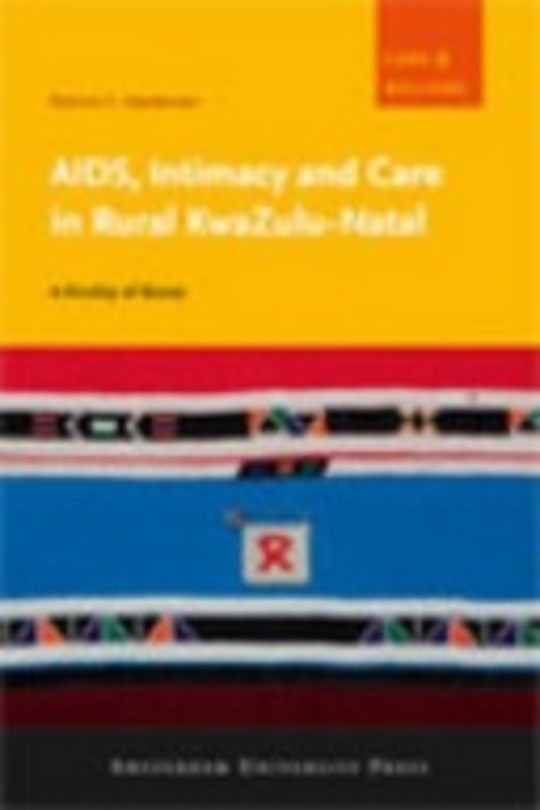
Social Media in Northern Chile
Free
Description
Contents
Reviews
Language
English
ISBN
Unknown
Front Cover
Half Title
Series
Title
Copyright
Introduction to the series Why We Post
Acknowledgements
Contents
List of figures
1 Introduction: Online and on
the margins in Alto Hospicio, Chile
Viva Alto Hospicio!
Viva El Norte!
Viva Chile?!?
Life on the margins
Erasing difference, highlighting normativity
Ordinary people, extraordinary citizenship
The form of this project
2 The social media landscape: Performing citizenship online
Modernity and mass communications in Chile
Defining social media
Reworking self-expression on social media
Building a balanced social media diet
3 Visual posting: The aesthetics
of Alto Hospicio
Instagramming the uninteresting
Daily life and social class on social media
The joys of mediocrity
Rethinking normative aesthetics
4 Relationships: Creating authenticity on social media
Suspicion, authenticity and visibility
Family relationships on social media
Social media sites of visibility
Performing relationships in absence
Building trust on social media
Authentic citizenship online
5 Work and gender: Producing
normativity and gendered selves
Work and industry in Northern Chile
Work and masculinity
Women’s work
Gender, work, pleasure
Normativity and sex(uality)
Productive gendered citizenship
6 The wider world: Imagining
community in Alto Hospicio
Imagining community in Alto Hospicio
Disenfranchisement from national politics
Local P/politics
Being culturally Chilean
De-politicising indigeneity
International solidarity
Similarity, difference, community
7 Conclusion: The extraordinary
ordinariness of Alto Hospicio
Social media ethnography in Alto Hospicio
Social media and social context
Neoliberalism, marginality and social media
The unassuming aesthetic
Networks, normativity and boundaries
Performing social scripts
Performing the ordinary in an extraordinary place
Appendix 1 – Social Media Questionnaire
Notes
References
Index
Back Cover
The book hasn't received reviews yet.











